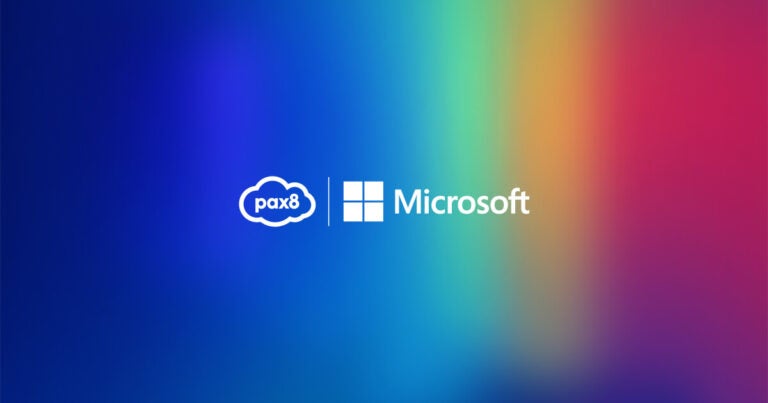Digital transformation has revolutionized the world as we know it, impacting a variety of industries as technology shifts the way many enterprises go about their business. Organizations in all sectors benefit from cloud technology, but a lack of skilled professionals in the labor market is limiting further potential.
According to a report by the US Bureau of Labor Statistics (BLS), there was a need for 40 million skilled workers around the world in 2020. The BLS estimates that this number could rise to 85.2 million by 2030, resulting in USD 8.4 trillion in revenue losses among all types of organizations. This has major implications for the IT channel, as a recent global report from Gartner states that IT executives list talent shortages as the most significant barrier to the adoption of 64% of emerging technologies, ahead of cost and security. This compares to only 4% in 2020.
With those numbers in mind, it’s apparent that many small and medium-size businesses (SMBs) are looking for ways to fill highly skilled positions. Managed service providers (MSPs) can step into this talent gap by helping SMBs employ applications such as automation, artificial intelligence (AI) and the cloud, which can all help improve efficiency and productivity without impacting their headcount.
The Labor Shortage Will Not Improve Soon
Most analysis shows that the gaps in the labor market will worsen before there is improvement. This IT labor shortage has been especially impactful on SMBs, who already struggle to adopt and correctly leverage the variety of technology available today. Forty-three percent of small businesses across all industries have current job openings they are unable to fill; this includes more than half of small business owners in construction (60%), transportation (56%), and manufacturing (50%).
Meanwhile, MSPs are enjoying steady year-over-year growth. The global managed services market was valued at $161.37 billion in 2021, and it is expected to reach $311.32 billion by 2027.
MSPs can help address this talent gap by assembling a team of experts who can cover various disciplines and expertise needed with today’s technology and by offering “talent-as-a-service” to their clients so they can reduce their own technologic risk, save money and get the tools they need to compete. This creates a new, and bountiful opportunity for MSPs, one where they can increase efficiency for clients, and increase growth for themselves.
The Power of the Pax8 Marketplace
Partnering with an MSP gives SMBs access to a full-service team, and to the expertise MSPs have to offer, including insight into better, more powerful, and more efficient new technologies. MSPs, for example, can develop infrastructure, workflows, and technology stacks for their clients, including leveraging cloud computing. SMBs may not even be aware of some of these offerings, much less have the capability and staff to implement them.
In turn, MSPs need an efficient way to find and sell those technologies while increasing their own efficiencies to save time and money. The “e-commerce” approach from Pax8 makes it easy for MSPs to discover, try, procure, provision, monitor, manage, and scale services across their solution stack, no matter the industry or discipline. The online marketplace is not a new concept for many businesses; currently, 75% of B2B purchases are already made online, and more businesses are leveraging online channels to conduct product sourcing and procurement.
The Pax8 Marketplace of curated vendors and best-in-class solutions is designed with MSPs in mind, and has helped thousands of providers achieve efficiencies, reduce risks, and save money.
As more SMBs look for ways to fill talent gaps, MSPs can capitalize on new business opportunities. Those MSPs will need their own strong partnership with a Marketplace built for them.





